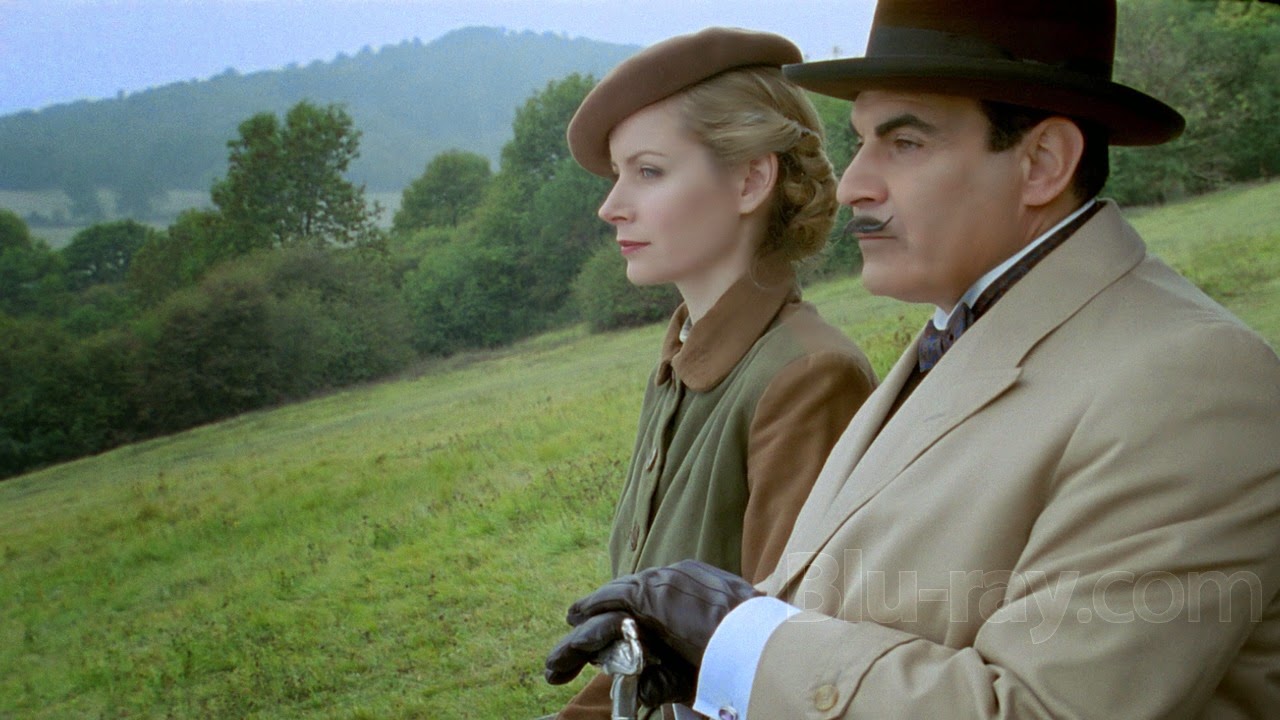Here is a gallery featuring photos from the 1935 swashbuckler classic - "CAPTAIN BLOOD". Directed by Michael Curtiz, it featured Errol Flynn's first starring role and his first movie with famous co-star, Olivia DeHavilland:
"CAPTAIN BLOOD" (1935) Photo Gallery
















